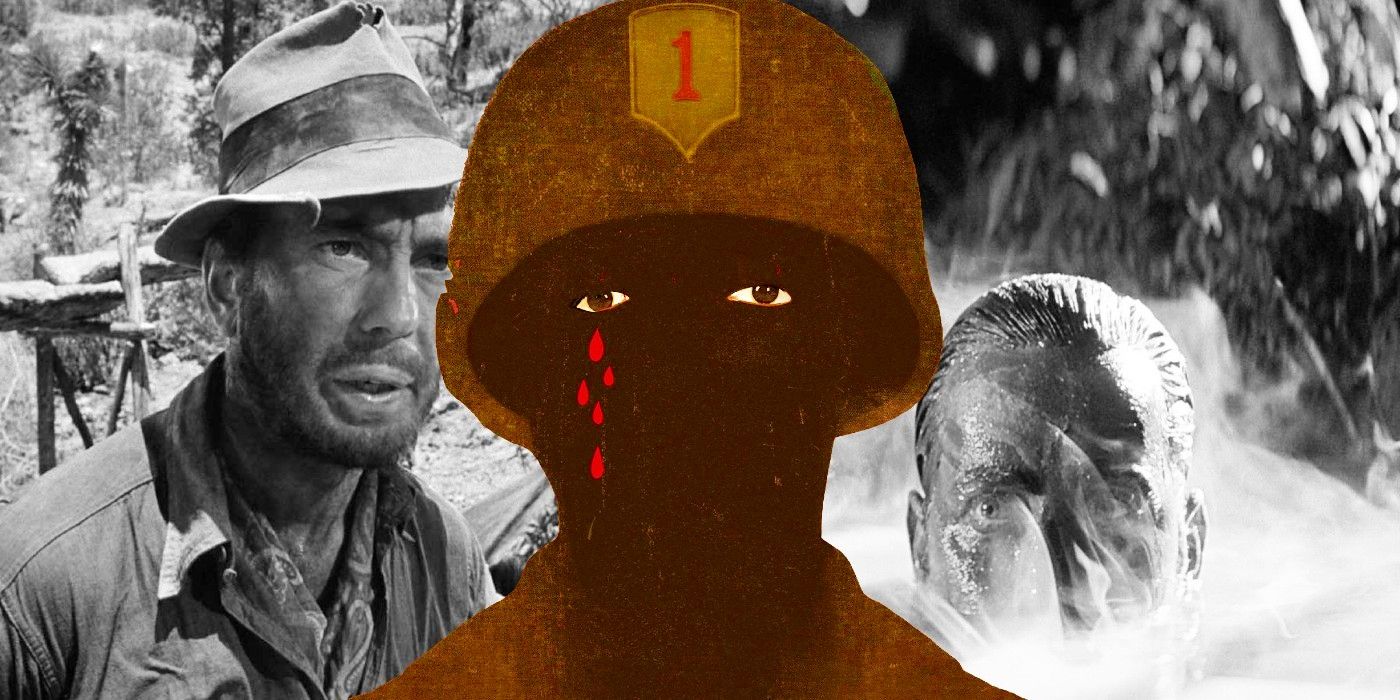
Here are all the movie references and influences in Spike Lee's Netflix film, Da 5 Bloods. Fresh off his first Oscar win for BlacKkKlansman, the prolific filmmaker is back with a new joint about a group of Black Vietnam War veterans who return to Vietnam to find the remains of their fallen squad leader, Stormin' Norman (Chadwick Boseman). The surviving soldiers - Paul (Delroy Lindo), Otis (Clarke Peters), Melvin (Isiah Whitlock Jr.), and Eddie (Norm Lewis) - are accompanied by Paul's estranged son, David (Jonathan Majors) on a journey that, unbeknownst to the U.S. and Vietnamese governments, also involves retrieving the CIA's lost gold bars Da 5 Bloods stumbled upon and buried during the war.
Lee's movies are never lacking for references to classic films and real-life people/events, and his latest is no exception. Da 5 Bloods even opens with a montage that kicks off with archival footage of Muhammad Ali explaining why he's a conscientious objector to the Vietnam War in 1967, followed by clips and photos of events that range from the National Guardsmen firing on Kent State student protestors in 1970 to the atrocities committed during the Vietnam War (a la the napalm bombing of the village Trảng Bàng in 1972). This leads into the first brand-new footage, showing the surviving Bloods in the present-day as they meet up in Ho Chi Minh City.
From there, Da 5 Bloods continues to nod to real people and events (be they historical figures or the current U.S. president), but also begins to dive deeper into cinema history with its allusions and shout-outs. Here's a rundown of the film's influences and easter eggs, from the obvious to the more subtle.
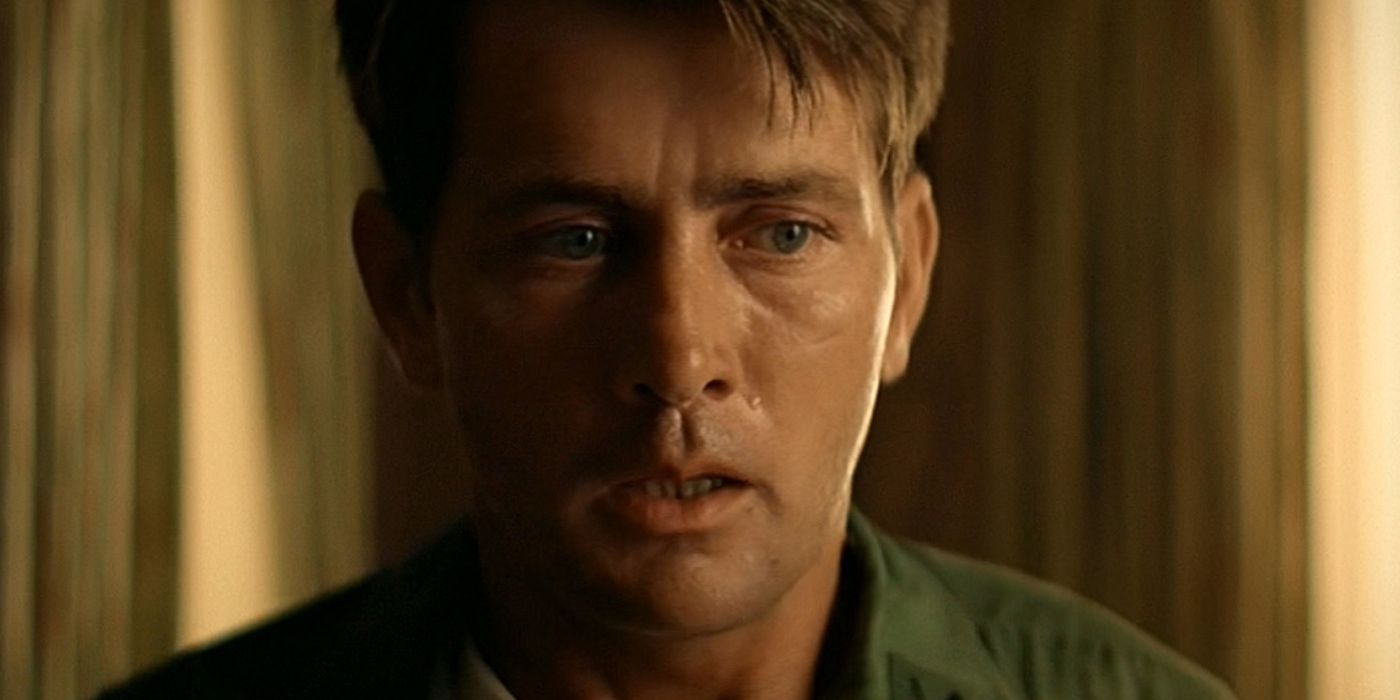
There's a reason why Da 5 Bloods makes no attempt to be subtle with its references to Apocalypse Now; Francis Ford Coppola's classic 1979 film was one of the first major onscreen dramatizations of the Vietnam War (it came out four years after the Fall of Saigon) and has influenced virtually every movie about the war or its aftermath made since, all the way up to the 2017 tentpole Kong: Skull Island. Coppola's loose re-imagining of Joseph Conrad's novel Heart of Darkness gets a shout-out early on in Lee's film, when the surviving Bloods dance at a nightclub in Ho Chi Minh City not only inspired by the aesthetics of Coppola's movie, it's also literally called Apocalypse Now. It's a real place too, as Lee told Vulture.
Da 5 Bloods tips its hat to Apocalypse Now again by later using Richard Wagner “Ride of the Valkyries" to score a scene where the Bloods travel downriver. The juxtaposition is partly done for comedic purposes (the Bloods' casual boat trip is a far cry from the exhilarating chopper sequence that uses "Ride of the Valkyries" in Apocalypse Now), but also foreshadows the treacherous nature of their expedition. Among the other homages to Coppola's Vietnam War epic are a scene where Hedy (Mélanie Thierry), a young French woman the Bloods meet on their trip, talks about her family getting rich by running a rubber plantation (there was a scene set on a French rubber plantation originally deleted from Apocalypse Now, but restored in later cuts) and a moment where, like in Coppola's film, the heroes unexpectedly encounter an animal in the jungle.
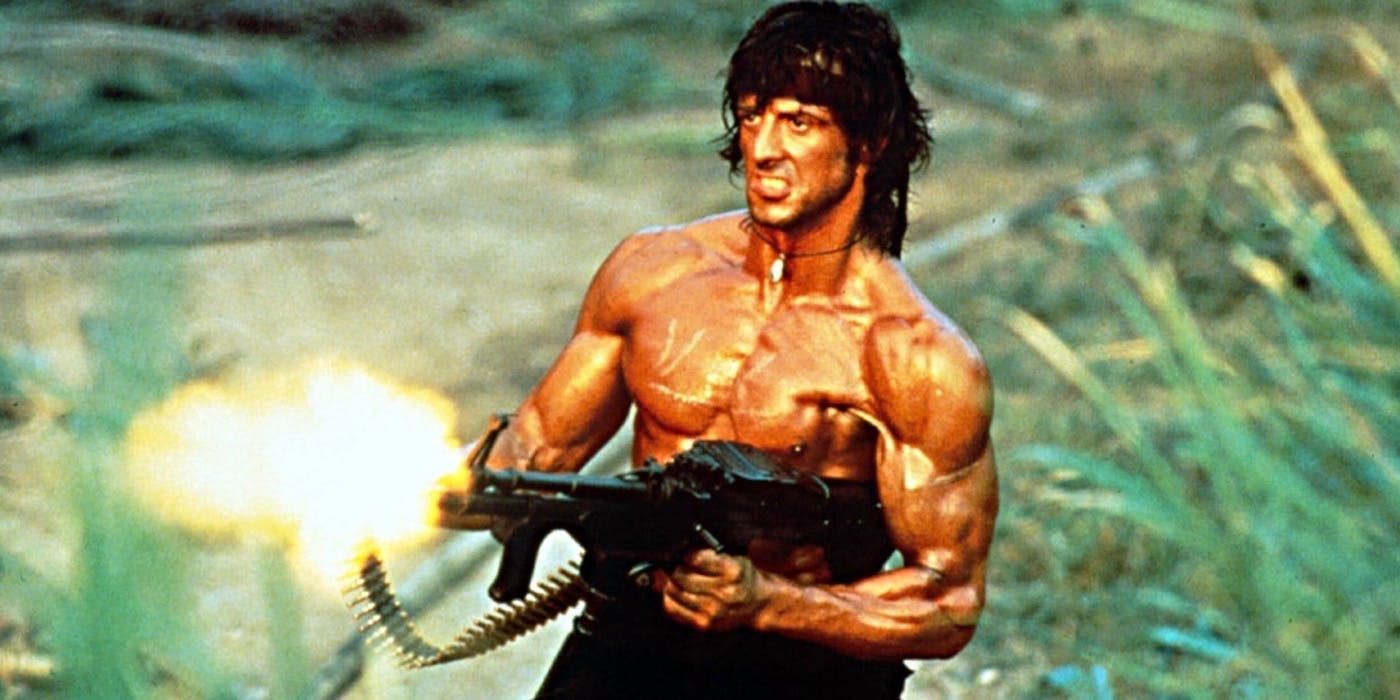
Prior to leaving Ho Chi Minh City, the Bloods have a laugh talking about "Sly" and "Walker, Texas Ranger", in reference to Sylvester Stallone's 1985 hit Rambo: First Blood Part II and Chuck Norris' 1980s action films Missing in Action 1 & 2. Both First Blood Part II and Missing in Action revolve around Vietnam War veterans (Stallone's John Rambo and Norris' James Braddock) returning to the country to rescue American POWs still being held captive there. Both movies are infamous for being the epitome of jingoistic Hollywood fantasies produced at a time (under the Reagan administration in the '80s) when the demand was high for them. Or, as Eddie puts it in Da 5 Bloods, "All them Holly-weird motherf***ers trying to go back and win the Vietnam War."
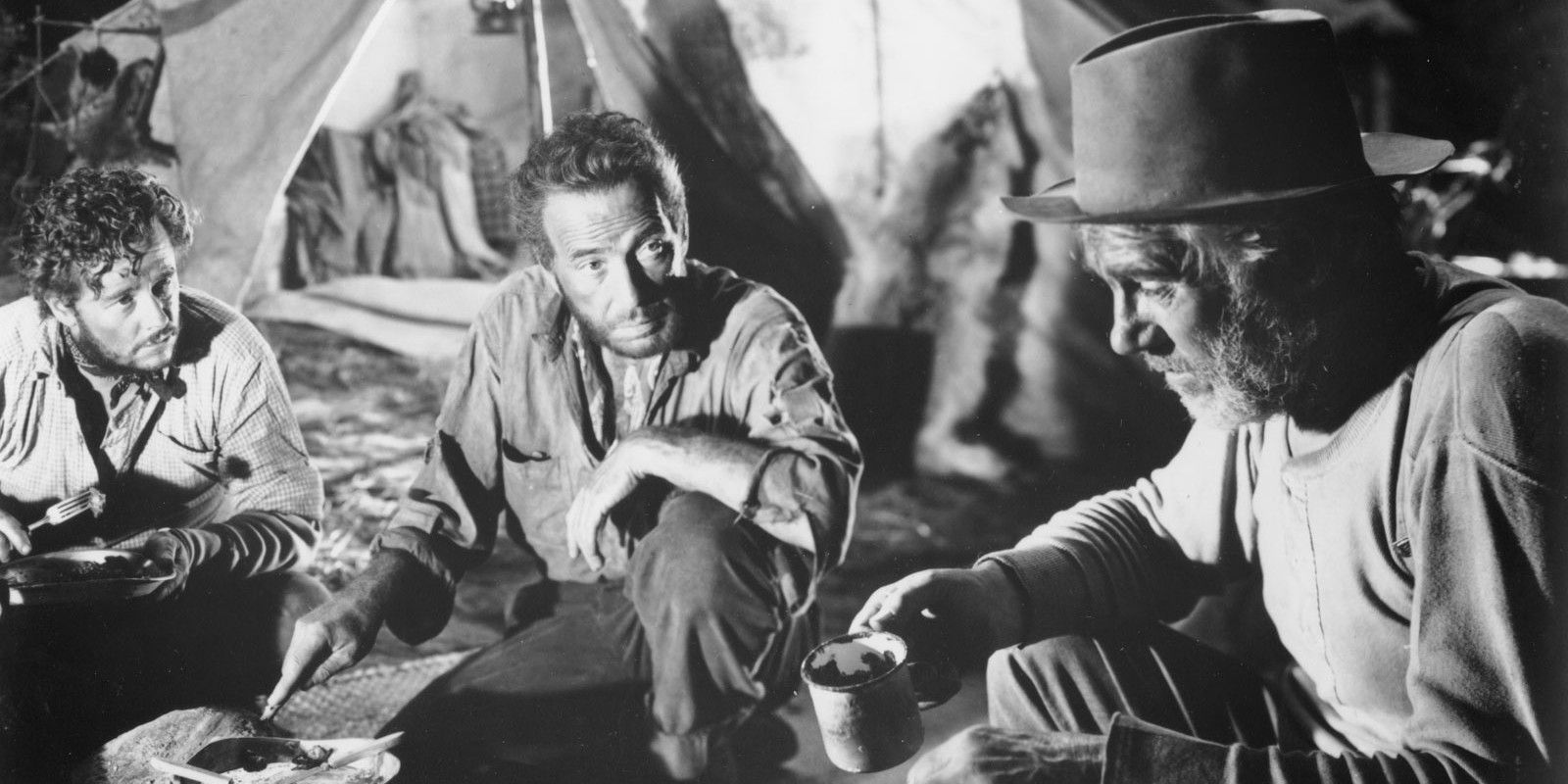
John Huston's classic 1948 treasure hunt western-adventure is a big influence on the latter half of Da 5 Bloods, as the Bloods are forced to overcome a variety of challenges in their efforts to collect the missing gold bars and get out of Vietnam in one piece. Perhaps to make certain there's no mistaking his intention, Lee even has a character paraphrase the most famous line from The Treasure of the Sierra Madre at one point (e.g. "Badges? We ain't got no badges! We don't need no badges! I don't have to show you any stinking badges!"). Similarly, as the PTSD-inflicted Paul begins to increasingly succumb to madness and paranoia, he gradually transforms into a sweat-covered, delusional mess that bears more than a little resemblance to Humphrey Bogart's distrusting protagonist, Fred C. Dobbs, from Huston's film.
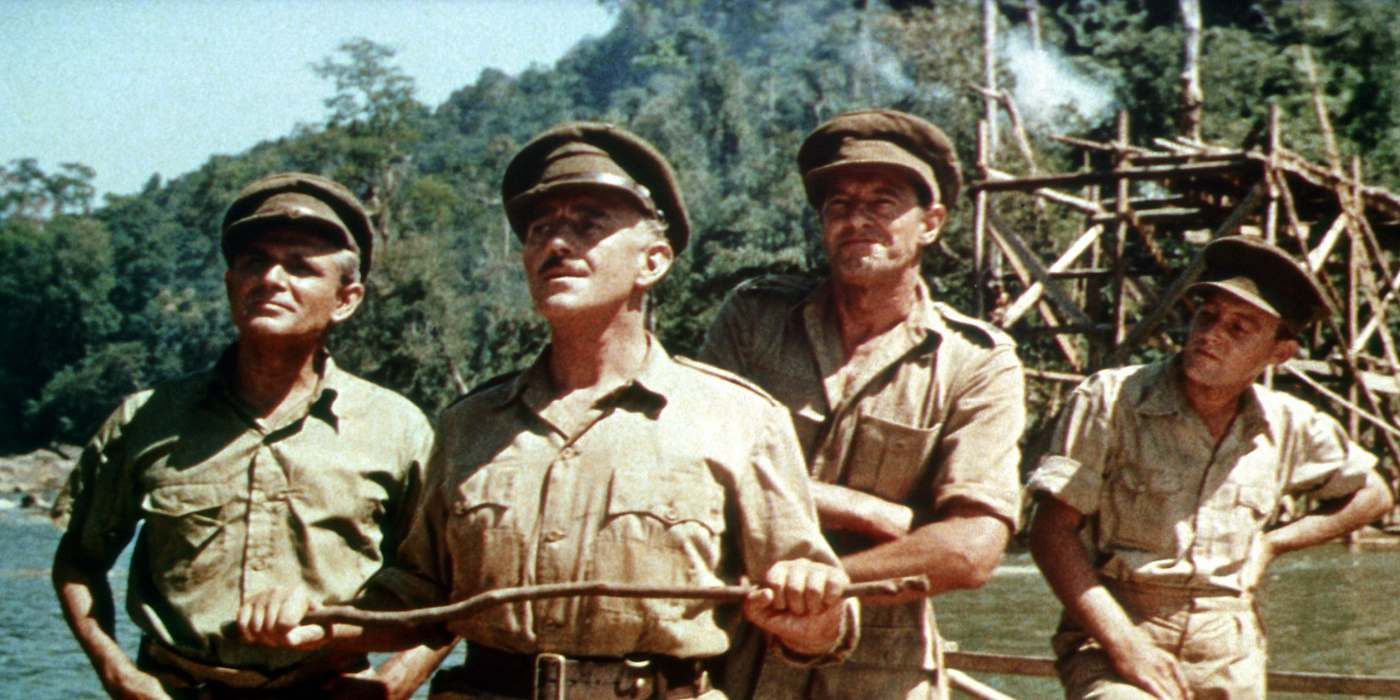
Another film referenced directly though Da 5 Bloods' dialogue is The Bridge on the River Kwai, David Lean's Best Picture Oscar-winning 1957 film about British POWS who're forced to build a bridge over the eponymous river for their Japanese captors during WWII. During the movie's third act, a key character shouts “Madness! Madness!”, which is the same thing James Donald's Major Clipton says to himself after the destructive climax to Lean's war epic. Much like Apocalypse Now, themes about the senseless destruction of war and the madness it drives people to are among the deeper storytelling elements The Bridge on the River Kwai and Da 5 Bloods have in common.
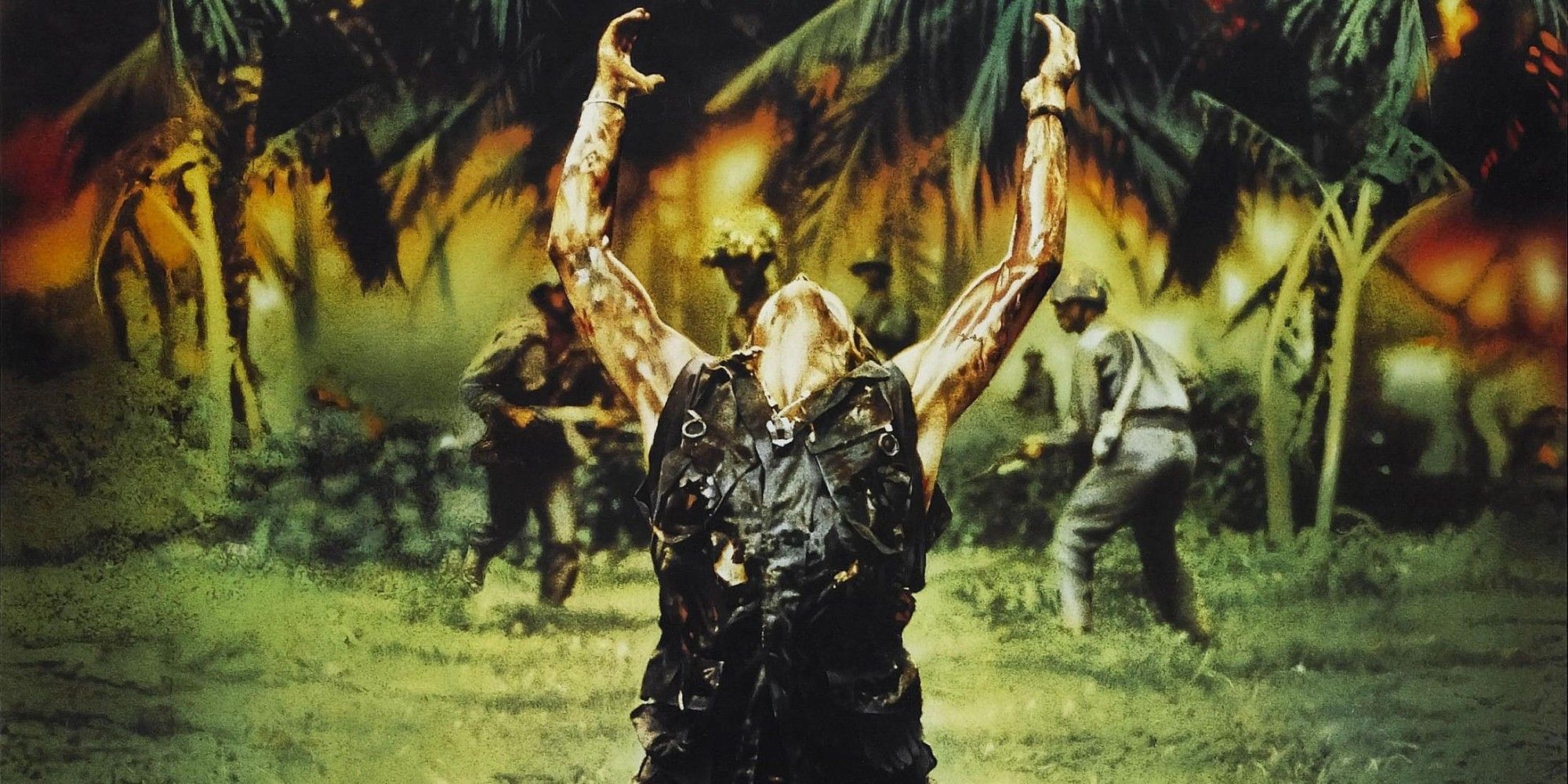
Viewers may note more than a few visual similarities between the way Oliver Stone filmed the battles in his Oscar-winning 1986 Vietnam War drama Platoon and the grainy flashbacks to the young Bloods' experiences in battle during the war in Da 5 Bloods. There are also some interesting parallels between Boseman's Stormin' Norman - a character the Bloods describe as "our Malcolm [X] and our Martin [Luther King Jr.]" - and Willem Dafoe as the idealistic Sgt. Elias K. Grodin from Stone's war movie. Finally, in addition to being a known friend of Lee's, Stone was once attached to direct an earlier version of Da 5 Bloods script that was titled The Last Tour and revolved around four white Vietnam veterans, before Lee came in and re-wrote it with BlacKkKlansman's Kevin Willmott.
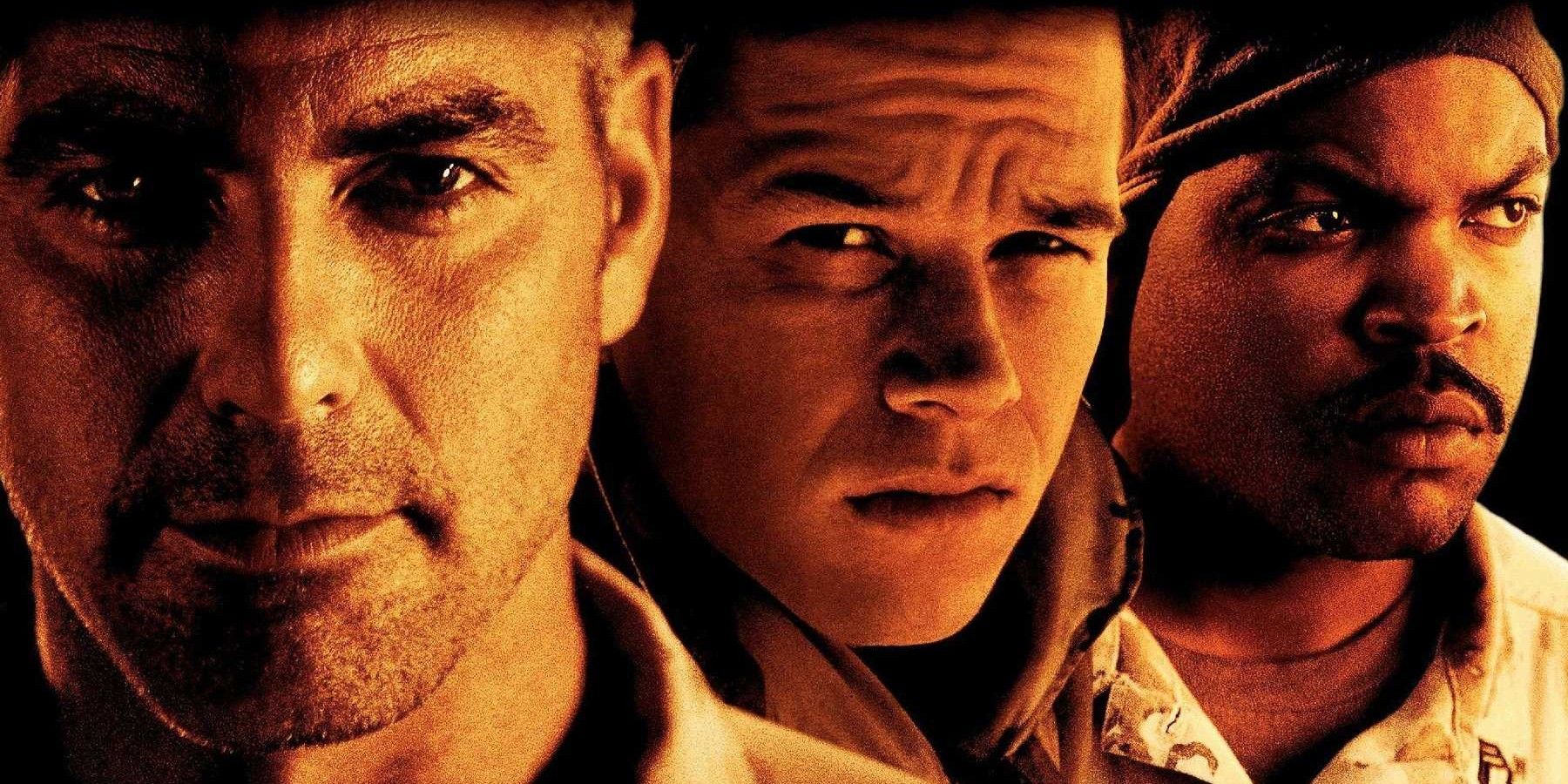
David O. Russell's 1999 Persian Gulf War movie Three Kings doesn't get an explicit shout-out the way these other films do in Da 5 Bloods, yet the pair share a number of qualities in common. Three Kings, like Lee's movie, revolves around four soldiers who discover a chance to get rich by stealing gold bars (namely, gold bullion, itself stolen from Kuwait by the Iraq army). It's far from the first war movie to revolve around a hunt for gold (Kelly's Heroes had already done it almost thirty years earlier), but like Da 5 Bloods, Three Kings is critical of American imperialism and recognizes the question of who "deserves" said treasure is more complicated than some of its leads would care to admit. And if all that wasn't enough, Three Kings was even shot by Da 5 Bloods cinematographer Newton Thomas Siegel.
from ScreenRant - Feed https://ift.tt/3e6KNYS



0 Comments